Amrita University, AHEAD’s Online Degree programs focuses on an all-rounded individualized learning trajectory to enhance and diversify one’s career growth pathways while integrating Amrita’s philosophy of ‘Education for Life and Education for Living’. Innovative and award-winning pedagogic practices provide experiential learning allowing freshers and working professionals anytime access and flexibility with personalized mentorship and interactivity. Our UGC entitled future ready degree programs are offered jointly with Industry stalwarts, reputed national and international faculty that equip and expose students to address real-life applications.

The National Assessment and Accreditation Council (NAAC), Government of India accredited our University with the topmost ‘A++’ grade. The Schools under the aegis of Amrita University have over 108 programmes in disciplines as diverse as Biotechnology, Engineering, Management, Medicine, Dentistry, Ayurveda, Pharmacy, Nanotechnology, Communication, Arts & Science, and Education, providing our students with outstanding training in our several campuses across multiple states. Needless to add, this multi-disciplinary character of our University facilitates a laudable synergy within our midst greatly enabling us all to derive maximum benefit from the expertise of each other. The Amrita Vishwa Vidyapeetham programs are WES-accredited in the United States and Canada.
Amrita ranked 7th Best University in India- NIRF, Govt. of India



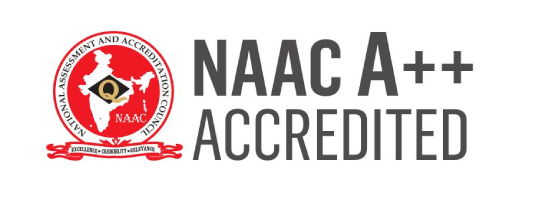



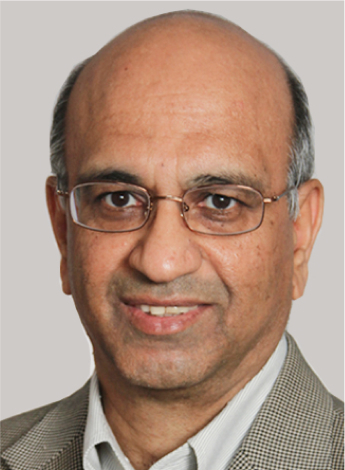
Professor, Department of Computer Science and Engineering, University at Buffalo, NY. Adjunct Faculty, Department of Computer Science, Amrita School of Engineering
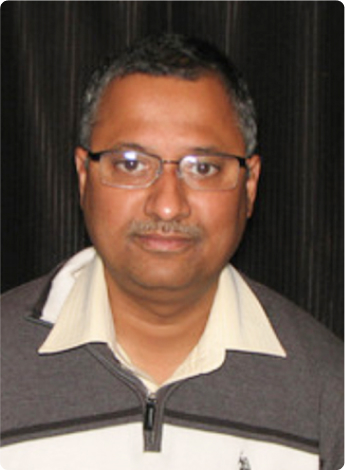
IT Program Executive u0026 Cybersecurity Consultant
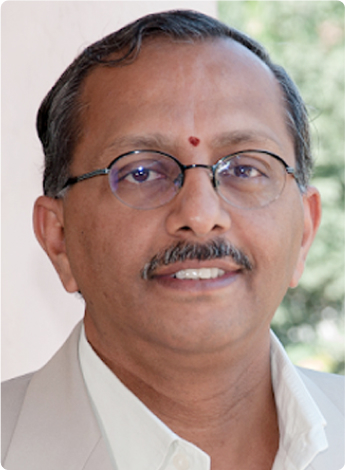
Professor, AMRITA School of Business, Bangalore
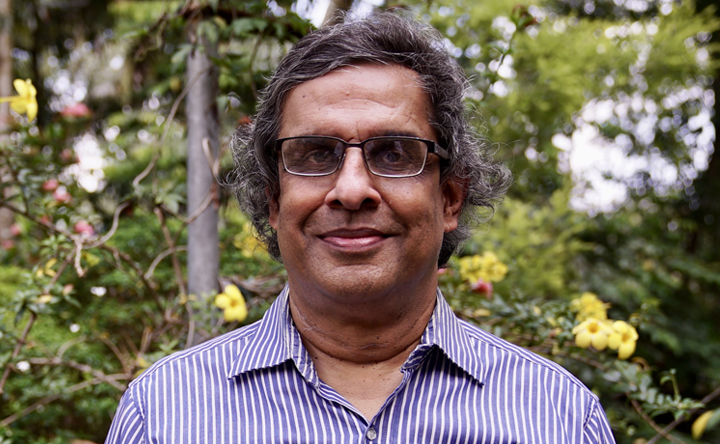
Professor, School of Business
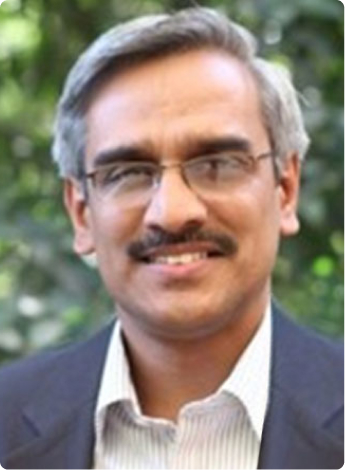
CISCO Network Academy and Head, ICTS, Amrita
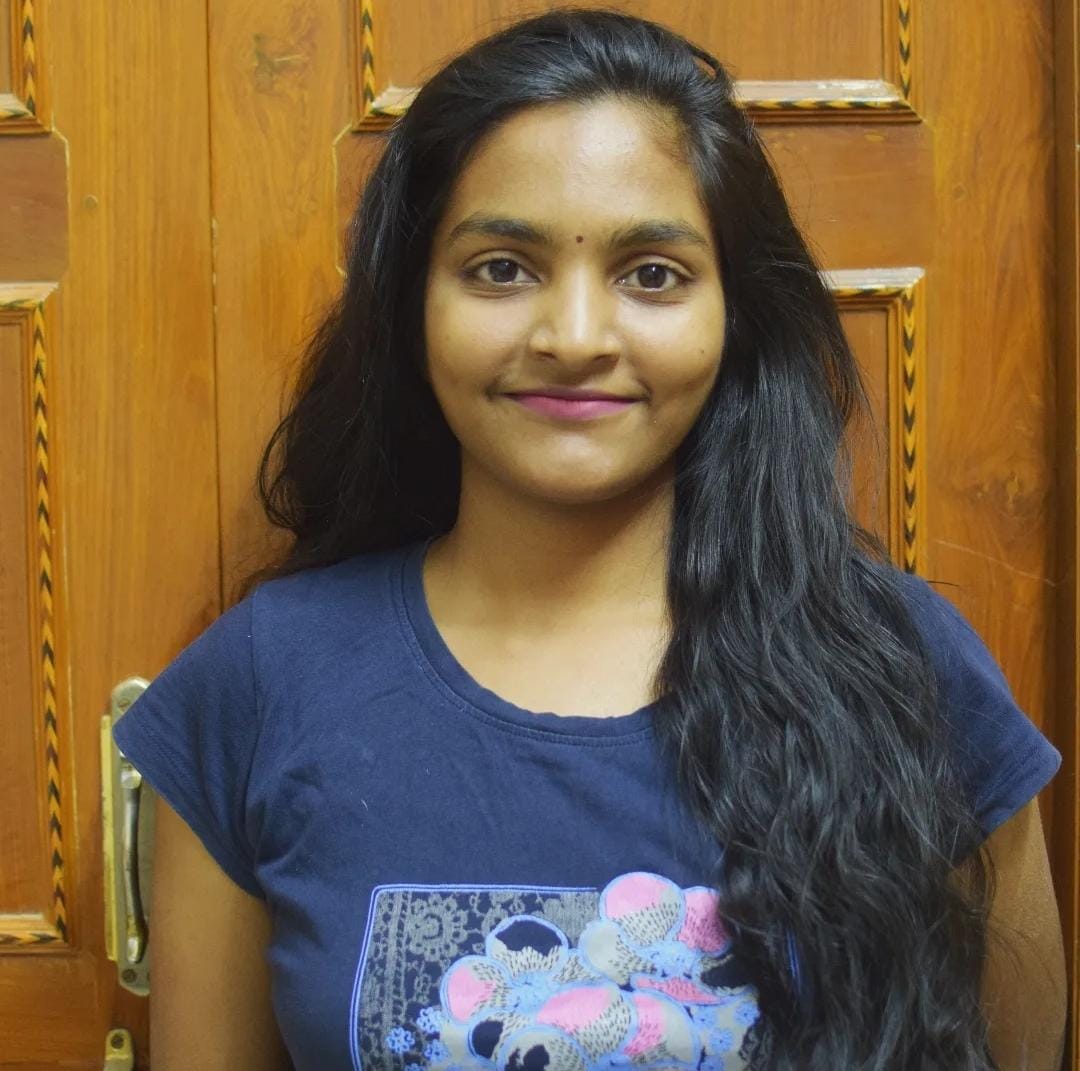
I searched on the internet for an online course to study from home. I found Amrita Ahead along with some other online programs. I researched everything and found the “Online BCA Program. My experience with Amrita has made me a better version of my present self. Learning in Amrita has made me develop a lot of self-discipline and an urge to get out of my comfort zone to improve myself as an individual. I’m grateful for being a part of the Amrita Family and growing along with it.
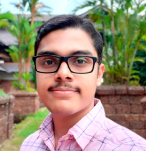
The quality of the syllabus at Amrita AHEAD and its flexibility were the main reasons for joining here. I had the opportunity to participate in various webinars, which helped me understand the essential factors for a great career and the current dynamics of the job market. Looking back, I realize that my choice of online BCOM at Amrita AHEAD was apt, and I’m looking forward to more fruitful experiences.
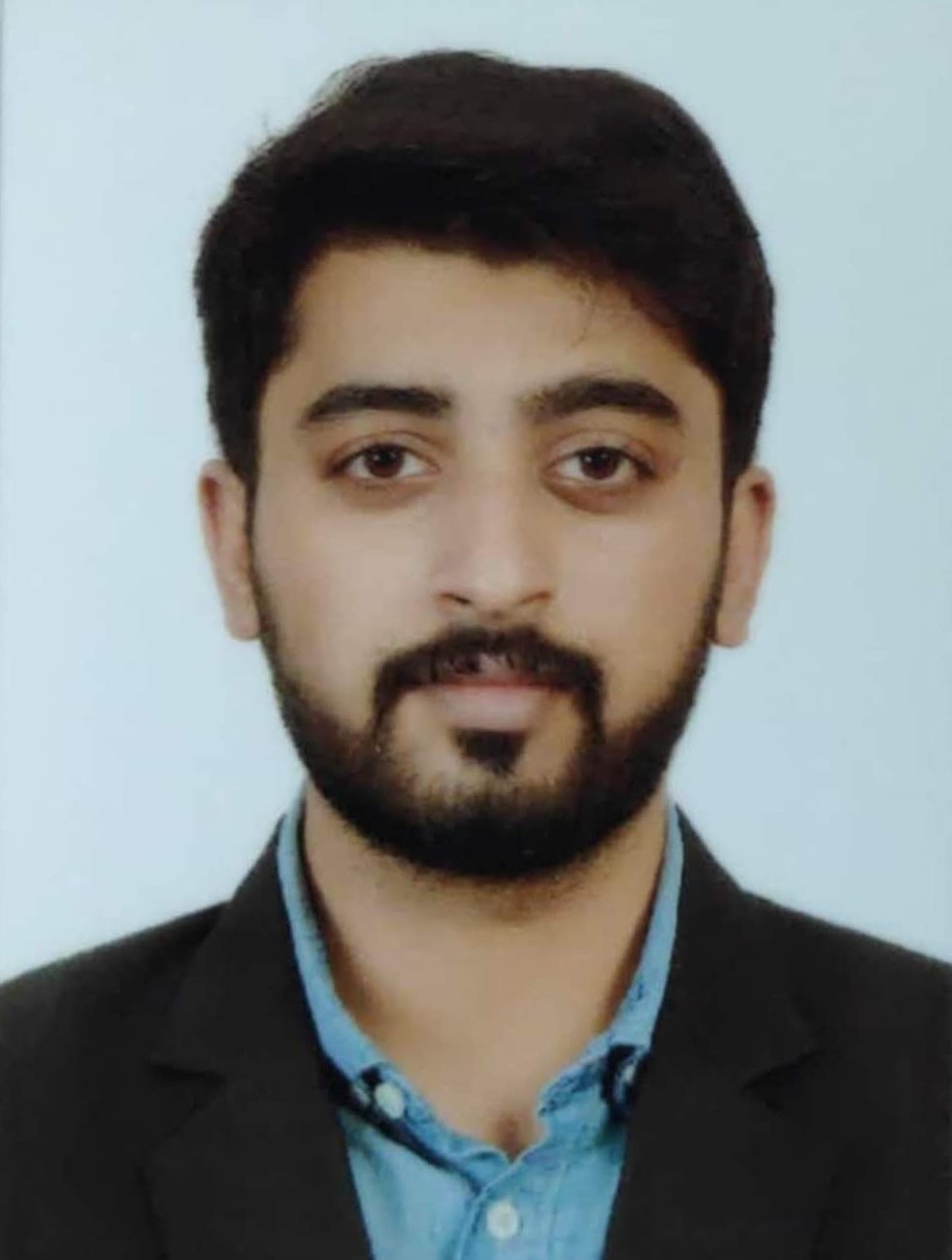
AHEAD online MBA program from Amrita University is structured and executed to suit working professionals who must balance work and studies. For each subject, there is a designated course coordinator who will help resolve any issues we face with any particular matter. I am happy with how the course is structured and taught to us, and I appreciate all the team members and faculty of Amrita Ahead for making it possible to pursue this Online MBA degree.
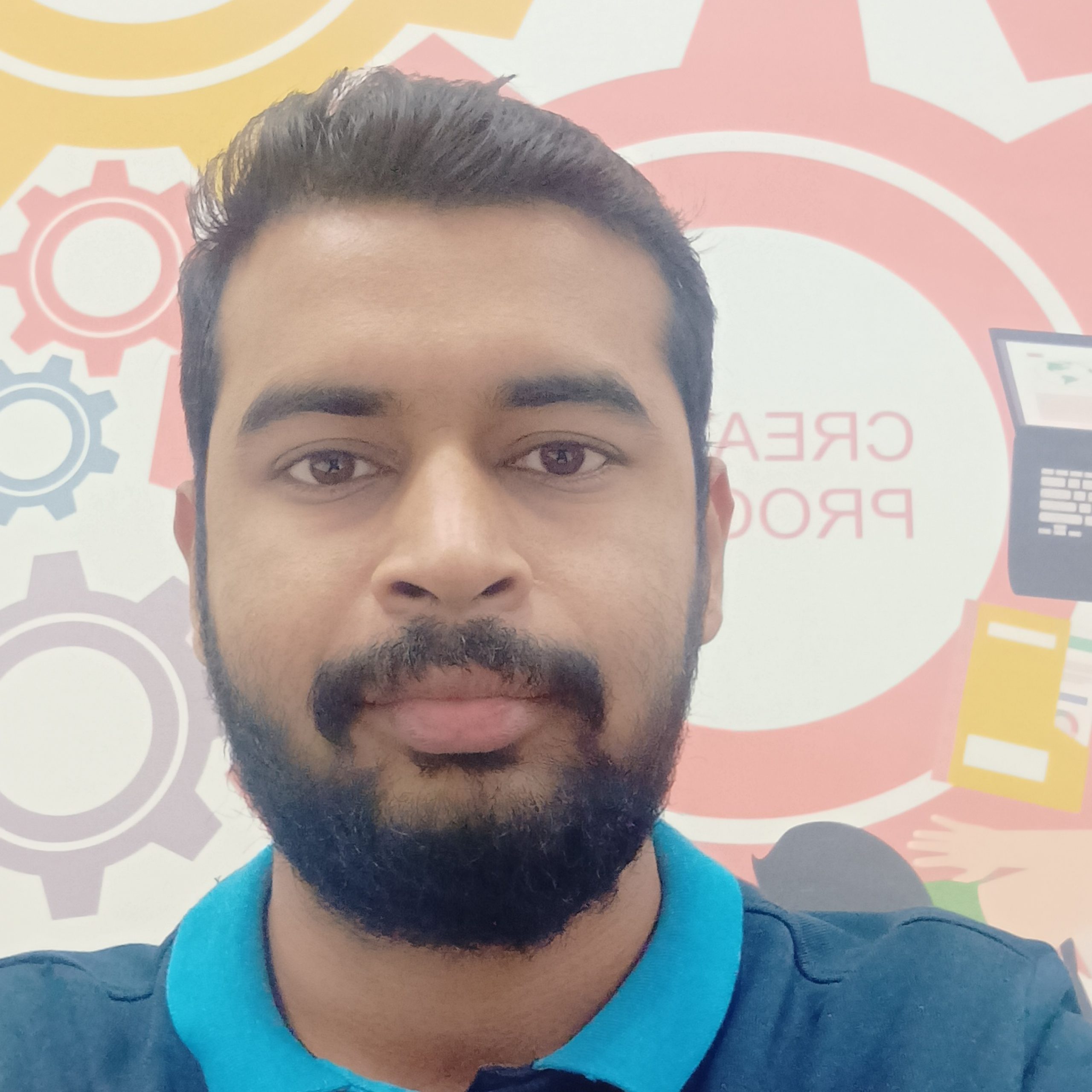
It’s been great associating with Amrita AHEAD to pursue online MCA. The mentors here are beneficial and guide us through all the technical concepts. When I joined the course, I thought there would be lesser content. But the course is synonymous with the regular course, and you get access at your fingertips. Amrita should be a destination for learning valuable technical skills sought after in tech industries.
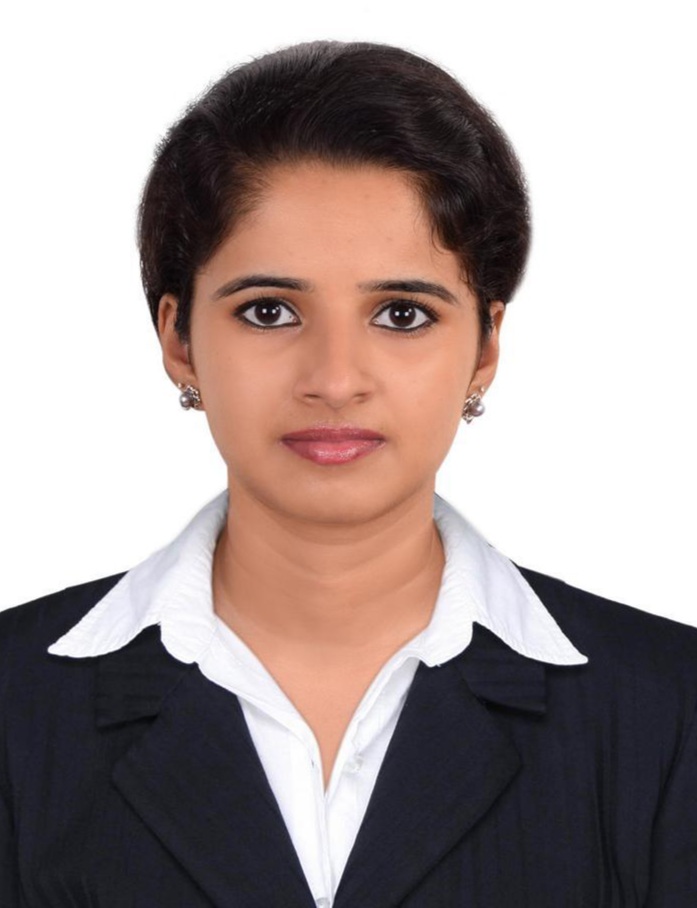
Here I am, on an ongoing journey to complete my online degree MCA in Artificial Intelligence alongside my full-time job and managing my family. Very proud and grateful for Amrita Ahead’s online opportunity, which gives the same value and benefits of studying same as on-campus learning. 24/7 accessibility to the resources, online library, and faculty support provides each student to meet their academic goals.
When I was looking for a reputable university that provides a master’s degree in online MCA cyber security, Amrita came as a lifesaver. And I didn’t explore any further when I saw Amrita AHEAD was providing MCA-Cyber Security Online, and I don’t regret the choice. I’m halfway through my course, and thus far, it’s been a lovely experience. Amrita AHEAD offers a top-notch learning environment, even virtually, be it anything, the courses, teachers, or any other service.
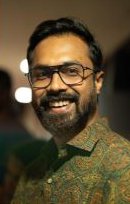
I joined Amrita AHEAD for the online BBA course, and I consider it to be the best decision. Amrita AHEAD offers a whole bunch of opportunities to students. I am grateful to Amrita AHEAD and the faculty members for providing us with the best online learning experience. I wish Amrita Ahead the very best and look forward to enjoying this fruitful journey with Amrita.
Students with Foreign Education: Students with Foreign Education can also apply for admission in Amrita University. Certificate of Equivalence from Association of Indian Universities is needed. This is required by any student with a Foreign Education who wishes to apply to an Indian University. Please refer to
https://aiu.ac.in/.
Candidates with work experience will have an added advantage during admissions.
Yes, there is a registration fee of Rs. 500.
It is a simple and easy process. You need to fill out our application form to apply.
Please click on the following link to apply:
https://admission.onlineamrita.com/
You can contact us via Email, Call or WhatsApp. You can also chat with us through the chat window present on our website.
Email: ahead@amrita.edu
Mobile:
8075421048 (MCA-Cyber, BCOM)
8590007473 (MBA, MCom)
8799367602 (BBA, MCA)
8240675235 (BCA, MCA-AI)
WhatsApp:
8590007473
8799367602
8240675235
We are always here to help you and make your journey as easy as possible.
Yes, International Students are welcome. Students with Foreign Education can also apply. Certificate of Equivalence from Association of Indian Universities is needed. This is required by any student with a foreign education who wishes to apply to an Indian University. Please refer to
https://aiu.ac.in/.
Please note: The above contact details are only for Amrita AHEAD- Amrita’s Online programs. For on-campus queries, please contact the number listed here: amrita.edu/admissions (044-462 76066).